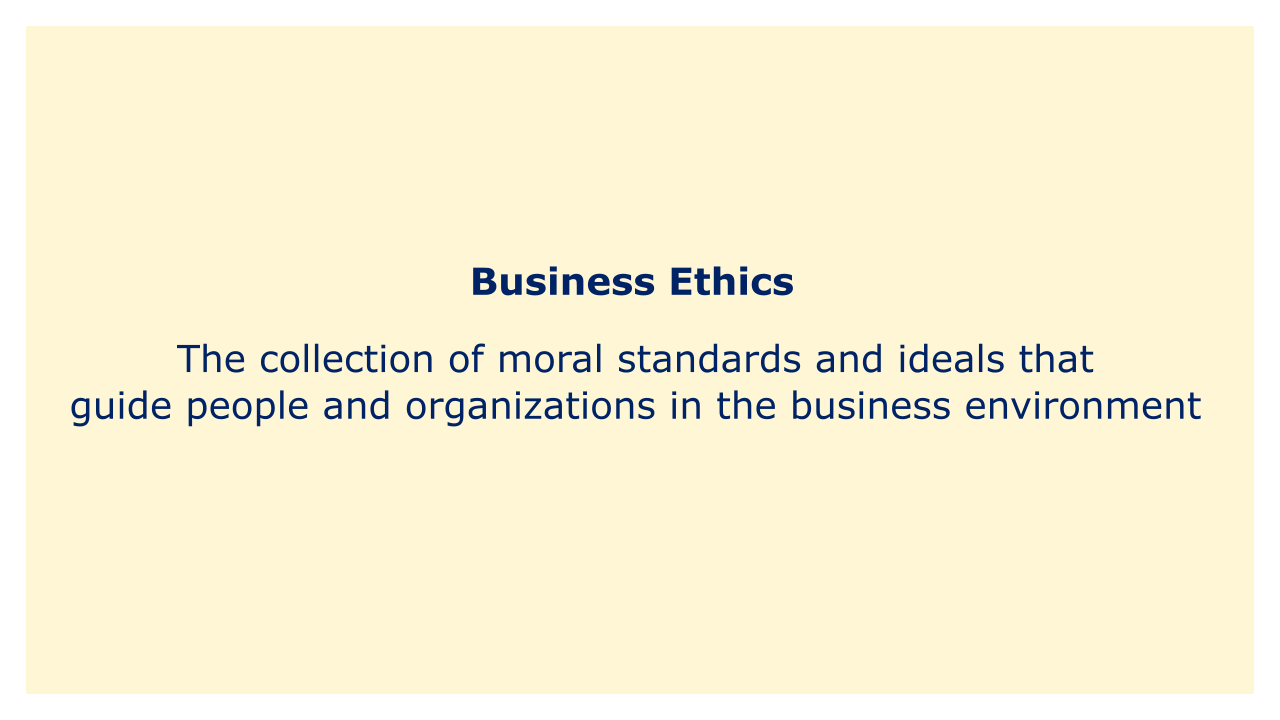 |
| Image: Moneybestpal.com |
The phrase "business ethics" refers to the collection of moral standards and ideals that guide people and organizations in the business environment. Business ethics covers a broad range of subjects, such as being honest and fair in business interactions, using resources responsibly, and how business practices affect different stakeholders, including employees, clients, suppliers, and the general public.
Understanding how ethical factors can be incorporated into company decision-making processes and how ethical behavior can help long-term business success is the goal of the study of business ethics. Given that an organization's actions can have a major impact on both the welfare of individuals and society as a whole, business ethics are universally acknowledged to be important. While unethical action can result in legal repercussions, a loss of customer loyalty, and harm to the larger community, ethical company practices can help develop trust and credibility, increase reputation, and promote excellent relationships with stakeholders.
Business ethics is a subject with a number of schools of thought, each with a distinctive viewpoint on the function and goal of ethics in business. Deontological approaches, on the other hand, concentrate on the responsibilities and obligations of businesses to act morally. For instance, consequentialist approaches concentrate on the results or effects of business operations. By emphasizing an individual's motivations and character, virtue ethics aims to encourage moral behavior by developing good moral qualities in people.
As companies face greater public scrutiny and rising expectations for ethical corporate behavior, business ethics has recently received more attention in both academic and practical situations. For people who want to understand how businesses can function morally and responsibly as well as how they might support long-term social, economic, and environmental progress, the study of business ethics is crucial.
